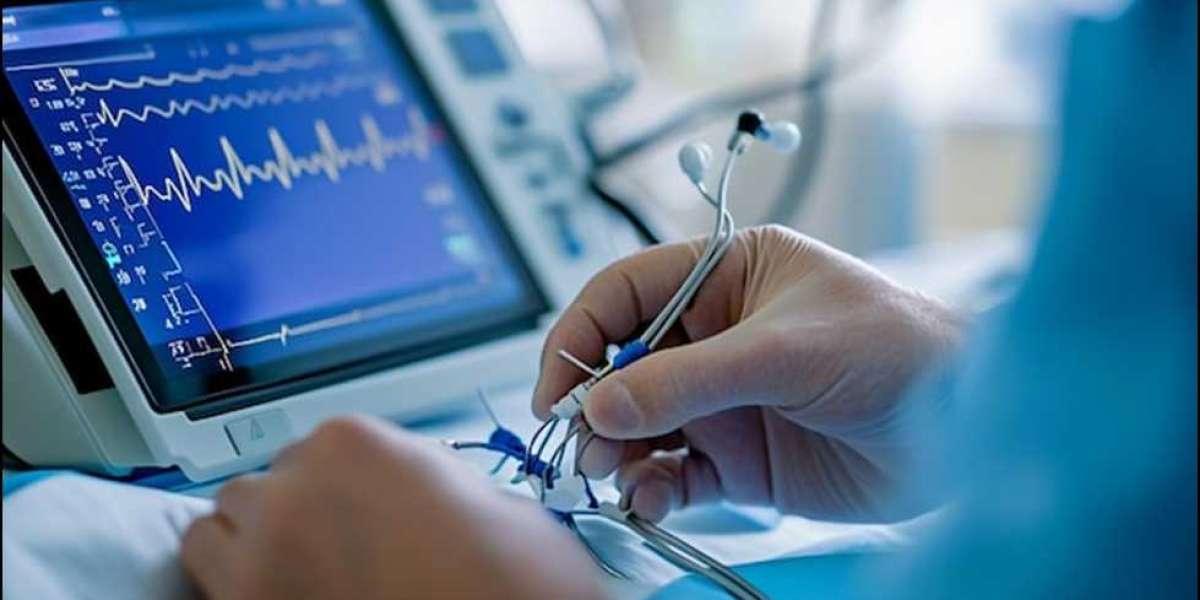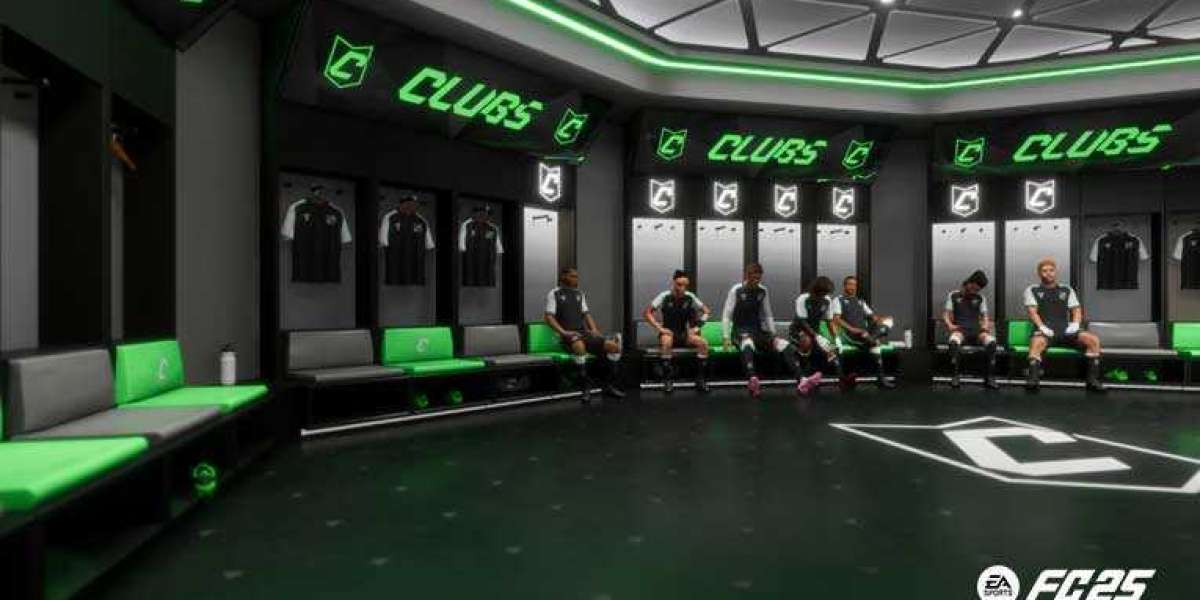Premature Ventricular Contractions (PVCs) are a common heart rhythm irregularity where extra beats, originating in the ventricles, disrupt the normal heart rhythm. Although usually benign, frequent PVCs can lead to discomfort, anxiety, and, in some cases, heart complications. Fortunately, with advanced medical facilities many Premature Ventricular Contractions Treatment in UAE are available to manage PVCs and improve patients' quality of life. This article delves into the symptoms, treatment options, and life after treatment for PVCs, highlighting how TheHeart.ae offers specialised care for patients facing this condition.
What are Premature Ventricular Contractions?
PVCs are extra heartbeats that start in the heart’s lower chambers (ventricles). Unlike the regular rhythm controlled by the heart’s natural pacemaker, these premature beats create an irregular pattern. Many people experience PVCs occasionally, but when they become frequent, they can disrupt the heart’s function and lead to additional complications. While the exact cause of PVCs isn't always clear, they can be triggered by stress, caffeine, certain medications, or underlying heart conditions.
Symptoms of Premature Ventricular Contractions
Symptoms of PVCs can vary widely, with some individuals experiencing no symptoms at all. When symptoms do occur, they may include:
- Heart Palpitations: A feeling of the heart "skipping" a beat, pounding, or fluttering.
- Dizziness or Lightheadedness: Due to disruptions in normal blood flow, some patients feel faint or unsteady.
- Fatigue: Constant PVCs may lead to a feeling of tiredness and low energy.
- Chest Discomfort: Some people feel mild chest pain or discomfort with PVCs, though it’s usually not intense.
In some cases, PVCs can become frequent enough to weaken the heart’s pumping ability, potentially leading to a condition called PVC-induced cardiomyopathy. This situation can be reversed with appropriate treatment.
Causes and Risk Factors for PVCs
PVCs can be caused by various factors, some of which are manageable, while others are related to structural heart conditions. Common triggers and risk factors include:
- Lifestyle Factors: Caffeine, alcohol, smoking, and stress can trigger PVCs. In some cases, eliminating these can reduce PVC episodes.
- Medications: Certain medications, particularly stimulants and certain over-the-counter cold remedies, can trigger PVCs.
- Electrolyte Imbalance: Low levels of potassium, calcium, or magnesium can lead to heart rhythm disturbances.
- Heart Disease: Structural heart abnormalities, such as an enlarged heart or heart attack history, increase the risk of PVCs.
Diagnosis of Premature Ventricular Contractions
Diagnosing PVCs typically involves a thorough evaluation of symptoms, medical history, and tests, such as:
- Electrocardiogram (ECG): This test records the heart's electrical activity and can detect abnormal rhythms, including PVCs.
- Holter Monitor: A wearable ECG device that records heart activity over 24–48 hours, helping detect intermittent PVCs.
- Echocardiogram: A heart ultrasound that assesses structural abnormalities, which may contribute to PVCs.
- Exercise Stress Test: Sometimes used to see if exercise triggers PVCs and assess overall heart function.
Treatment Options for Premature Ventricular Contractions
Premature Ventricular Contractions Treatment in UAE depends on the frequency of the extra beats, the severity of symptoms, and whether they are affecting heart function. In the UAE, specialised cardiac centres like TheHeart.ae provide advanced treatment options, including:
- Lifestyle Changes: For occasional PVCs, lifestyle modifications like reducing caffeine, alcohol, and stress may be sufficient to minimise symptoms.
- Medication: Beta-blockers and calcium channel blockers are commonly prescribed to manage PVCs by slowing the heart rate and reducing palpitations.
- Catheter Ablation: This minimally invasive procedure uses radiofrequency energy to destroy the area of the heart that is causing PVCs. It’s particularly effective for patients with frequent, symptomatic PVCs that don’t respond to medication.
- Implantable Devices: In rare cases where PVCs are associated with life-threatening arrhythmias, an implantable cardioverter defibrillator (ICD) may be recommended to monitor and correct heart rhythm.
TheHeart.ae: Leading Provider of PVC Treatment in the UAE
For patients in the UAE seeking specialised care for PVCs, TheHeart.ae provides comprehensive services to manage and treat heart rhythm disorders. The facility offers advanced diagnostics, expert consultations, and personalised treatment plans, from medication to catheter ablation. With a team of experienced electrophysiologists and state-of-the-art technology, TheHeart.ae ensures that each patient receives the best possible care for their condition, paving the way for a healthier heart and a better quality of life.
Life After PVC Treatment
Premature Ventricular Contractions Treatment in UAE often brings significant relief from symptoms, allowing patients to resume normal activities without worry. Recovery and lifestyle adjustments, however, can vary based on the treatment approach:
- Post-Medication Lifestyle: For patients managed on medication, adherence to prescribed doses and lifestyle modifications is key. Regular follow-ups help to monitor any changes in heart rhythm.
- Post-Ablation Recovery: After catheter ablation, most patients experience a substantial reduction in PVCs, allowing them to lead an active life with fewer restrictions. Recovery from the procedure is relatively quick, typically involving a few days of rest.
- Long-Term Monitoring: Patients with PVCs, especially those with an underlying heart condition, are advised to continue regular heart monitoring. Routine ECGs, stress tests, and check-ups are essential to maintain heart health.
- Improved Quality of Life: Many individuals report a noticeable improvement in energy levels, reduced palpitations, and an overall enhanced sense of well-being following treatment.
Coping Strategies and Lifestyle Changes
Managing PVCs also involves adopting a heart-healthy lifestyle. Patients are encouraged to:
- Exercise Regularly: Engaging in moderate aerobic activity, under medical supervision, can improve heart function and reduce stress.
- Maintain a Balanced Diet: Reducing salt, sugar, and unhealthy fats while increasing intake of fruits, vegetables, and lean proteins supports heart health.
- Stay Hydrated: Adequate hydration can help maintain proper electrolyte levels, reducing the risk of rhythm disturbances.
- Avoid Triggers: Identifying and reducing exposure to personal PVC triggers, such as caffeine or stress, can help minimise episodes.
Conclusion
Premature Ventricular Contractions, though common, can be disruptive to daily life. Fortunately, patients in the UAE have access to cutting-edge treatments and skilled specialists at centres like TheHeart.ae. From lifestyle guidance to advanced procedures like catheter ablation, tailored treatments are available to help individuals with PVCs achieve better heart health and improve their overall well-being. With proper care, PVC patients can expect to lead fulfilling, active lives, free from the worry of irregular heartbeats.

